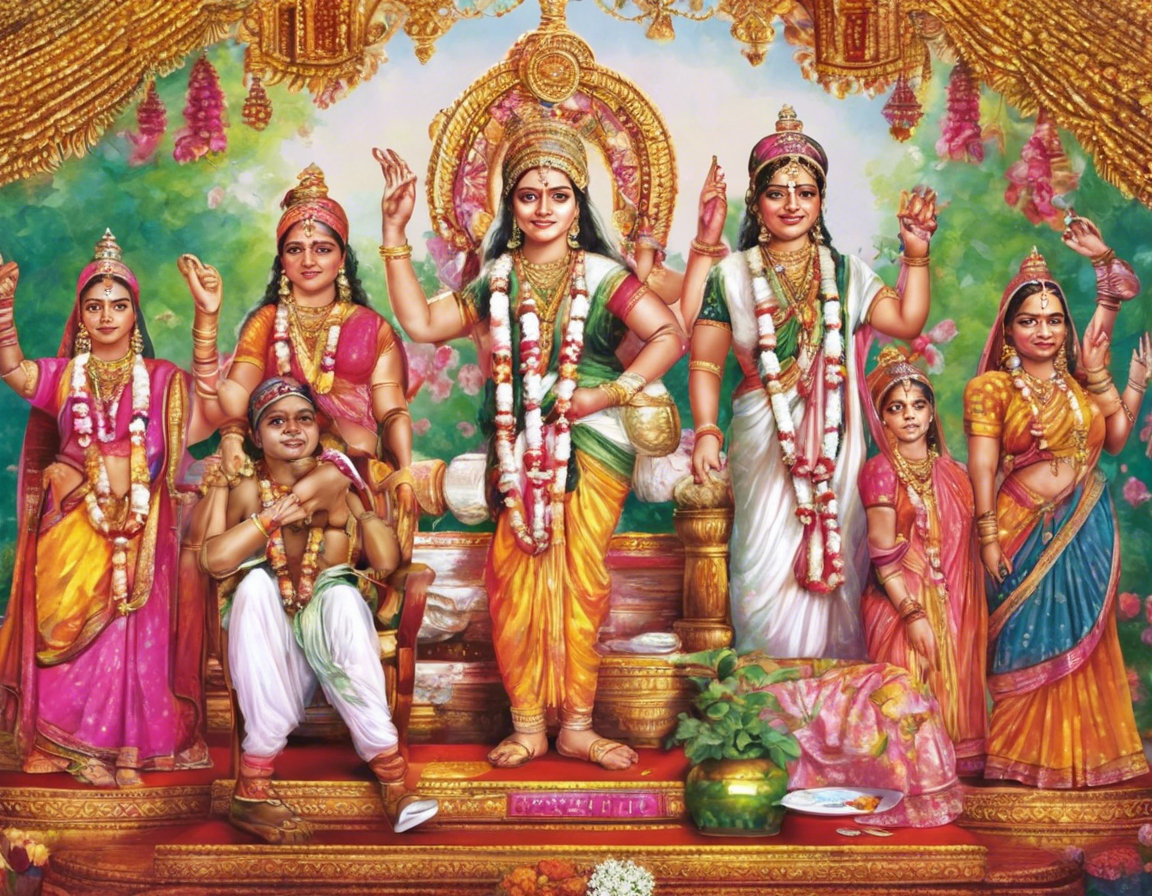Vat Savitri, also known as Vat Purnima, is a traditional Hindu festival celebrated by married women in various parts of India. It is observed on the full moon day (Purnima) in the Hindu month of Jyeshtha. One of the states where this festival holds significant importance is Bihar. In 2024, Vat Savitri will be celebrated on the 10th of June.
Vat Savitri is a festival that revolves around the eternal bond between a husband and wife. Women observe a day-long fast and pray for the well-being and longevity of their husbands. The festival derives its name from the story of Savitri, a legendary figure known for her loyalty and devotion towards her husband, Satyavan.
Significance of Vat Savitri in Bihar
In Bihar, the celebration of Vat Savitri is marked with great enthusiasm and fervor. Married women dress up in traditional attire and perform various rituals associated with the festival. The women tie sacred threads around a banyan tree (Vat Vriksha) and circumambulate it, seeking blessings for their husbands’ long life.
Rituals and Traditions
The day begins with women taking a purifying early morning bath and wearing new clothes. They prepare delicious traditional meals, which they will consume after breaking their fast at night. Married women visit temples to offer prayers to Lord Shiva and Goddess Parvati, seeking their blessings for marital harmony and well-being.
Observing the Fast
Fasting is a significant aspect of Vat Savitri. Women abstain from consuming food and water from sunrise to moonrise, symbolizing their unwavering devotion and commitment to their husbands. The fast is broken only after sighting the moon and offering prayers.
Celebrations and Community
Vat Savitri is not just a religious observance but also a social occasion for married women to come together, exchange gifts, and share their experiences. The festival fosters a sense of unity and camaraderie among women as they bond over their shared devotion to their spouses.
Embracing Tradition in Modern Times
In today’s fast-paced world, festivals like Vat Savitri serve as a reminder of the importance of love, respect, and commitment in marital relationships. Despite societal changes, the essence of Vat Savitri remains unchanged, emphasizing the timeless values of loyalty and devotion between husband and wife.
FAQs (Frequently Asked Questions)
Q1: Can unmarried women observe Vat Savitri?
A1: Vat Savitri is primarily a festival observed by married women praying for their husbands’ well-being. Unmarried women can participate in the rituals by seeking blessings for their future spouses.
Q2: What is the significance of the banyan tree in Vat Savitri celebrations?
A2: The banyan tree is considered sacred and symbolizes longevity in Hindu culture. Women tie threads around the tree as a representation of their prayers for their husbands’ long life.
Q3: Is fasting compulsory during Vat Savitri?
A3: While fasting is a traditional practice during Vat Savitri, individual preferences and health conditions should be taken into consideration. One can observe the fast in a modified manner if necessary.
Q4: How can one celebrate Vat Savitri in modern times?
A4: In addition to following traditional rituals, modern celebrations of Vat Savitri can include spending quality time with one’s spouse, expressing love and appreciation, and reflecting on the values of loyalty and devotion.
Q5: Are there regional variations in the way Vat Savitri is celebrated?
A5: Yes, different regions in India may have variations in the way Vat Savitri is observed, with unique customs and traditions specific to local cultures and beliefs.
Celebrating Vat Savitri in Bihar is not just a religious practice but a celebration of love, loyalty, and togetherness. The festival encapsulates the essence of a strong marital bond and the enduring commitment shared between husband and wife. As women across Bihar observe Vat Savitri in 2024, they continue to uphold this timeless tradition with reverence and devotion.
